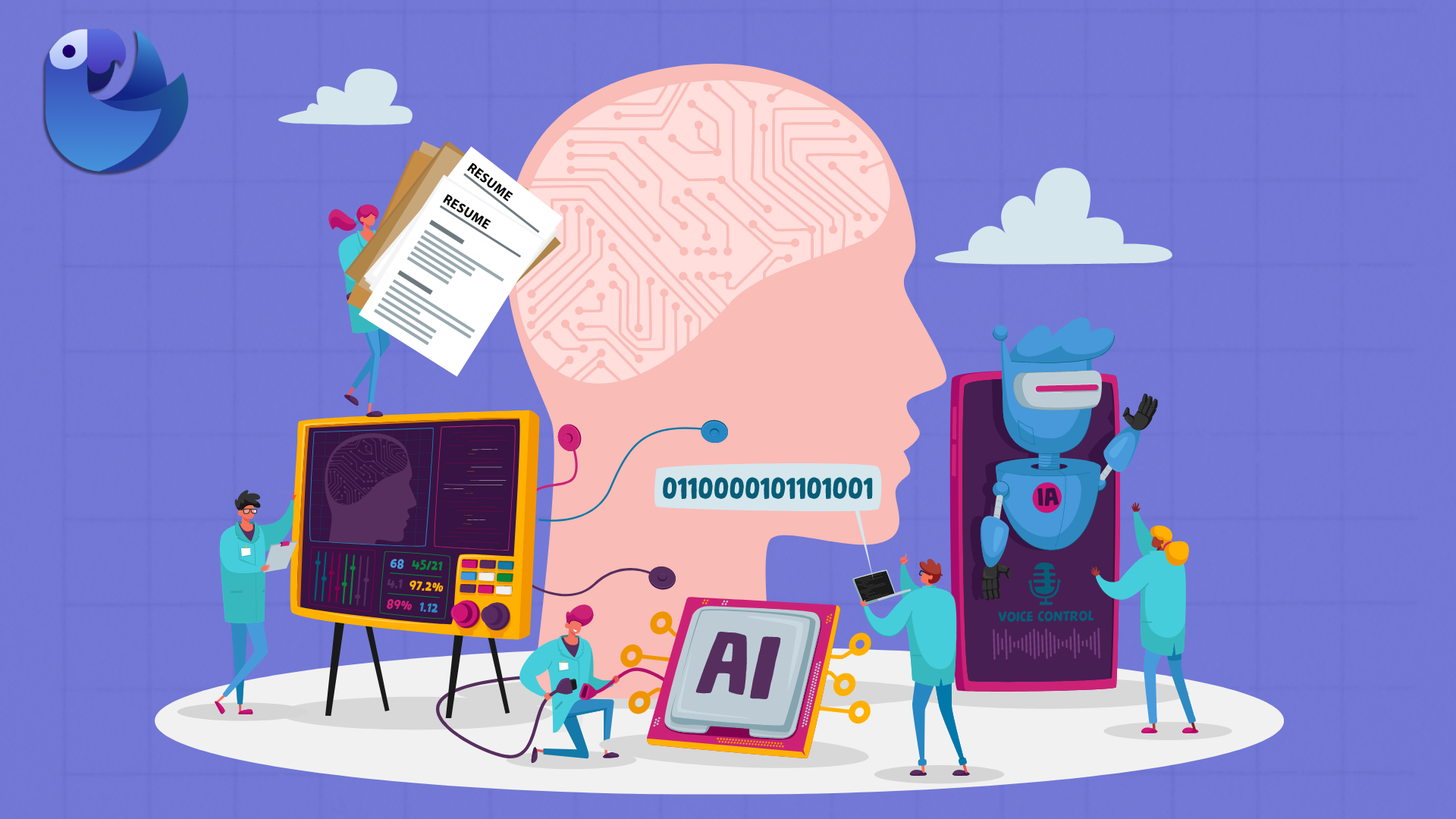Are AI Generated Resumes Any Good?
In today's dynamic job market, the art of resume writing has evolved significantly. Gone are the days of simply listing qualifications and experiences; today's resumes are strategic documents designed to capture the attention of potential employers. In this comprehensive exploration, we'll delve into the fascinating intersection of artificial intelligence (AI) and resume writing. From understanding the nuanced role of AI in crafting resumes to uncovering real-world success stories, this journey will shed light on how AI is reshaping the job search landscape and empowering job seekers worldwide.
To truly appreciate the role of AI in resume writing, it's essential to understand the fundamentals of crafting a compelling resume.
A well-crafted resume serves as a candidate's marketing tool, showcasing their skills, experiences, and achievements in a concise and persuasive manner. From selecting the right format and structure to highlighting relevant achievements and tailoring content to specific job roles, resume writing is both an art and a science.Over the years, resume writing has undergone significant evolution, driven by advancements in technology and changes in hiring practices. What once involved manual typewriters and printed resumes has now transitioned to digital platforms and AI-powered tools. The rise of applicant tracking systems (ATS) has further influenced resume writing, with candidates optimizing their resumes to navigate these systems effectively.
Before diving into the impact of AI on resume writing, it's crucial to grasp the concept of artificial intelligence itself. AI refers to the simulation of human intelligence in machines, enabling them to perform tasks that typically require human intelligence, such as learning, reasoning, and problem-solving. Machine learning, a subset of AI, involves training algorithms to recognize patterns and make predictions based on data.AI has revolutionized the resume writing process in numerous ways. AI-powered resume builders leverage machine learning algorithms and natural language processing (NLP) to analyze job descriptions, identify relevant keywords, and generate tailored resumes. These tools offer efficiency, personalization, and optimization, enabling job seekers to create polished resumes that stand out in today's competitive job market.There are various AI-powered resume builders available, each offering its unique features and capabilities. From selecting templates and inputting personal information to customizing content and formatting, these tools streamline the resume writing process, making it easier and more accessible for job seekers of all backgrounds. By harnessing the power of AI, candidates can create professional resumes that align with their career goals and aspirations.
The impact of AI on resume writing is perhaps best illustrated through real-world success stories. Countless job seekers have leveraged AI-powered resume builders to land interviews, secure job offers, and advance their careers. These success stories serve as a testament to the effectiveness of AI in helping candidates stand out in today's competitive job market.
As with any technological advancement, the integration of AI in resume writing raises ethical considerations and concerns. Questions about privacy, bias, and fairness must be addressed to ensure that AI-powered resume builders serve the best interests of job seekers. Looking ahead, the future of AI in resume writing holds immense promise, with ongoing advancements in AI technologies poised to further enhance the effectiveness and accessibility of resume writing tools.
In recent years, applicant tracking systems (ATS) have become ubiquitous in the recruitment process. These software applications are designed to streamline the hiring process by automating the initial screening of resumes and identifying candidates who best match the job requirements. However, what many job seekers may not realize is that ATS systems often utilize AI algorithms to perform this screening process.
ATS systems analyze resumes by scanning for specific keywords, phrases, and qualifications outlined in the job description. This automated screening process allows employers to efficiently sift through large volumes of resumes and identify candidates who meet the minimum requirements for the position. For job seekers, the prevalence of ATS systems presents both opportunities and challenges. On one hand, ATS systems can help streamline the application process for employers, allowing them to identify qualified candidates more efficiently. However, for candidates whose resumes are not optimized for ATS, this can pose a significant hurdle.
Non-AI-optimized resumes may fail to pass through the initial screening process, resulting in qualified candidates being overlooked or rejected. This underscores the importance of tailoring resumes to align with the specific keywords and qualifications outlined in the job description. By optimizing their resumes for ATS, job seekers can increase their chances of passing through the initial screening process and reaching the hands of hiring managers.
To navigate the ATS landscape effectively, job seekers must understand how these systems work and how to optimize their resumes accordingly. This includes strategically incorporating relevant keywords, phrases, and qualifications into their resumes to ensure compatibility with ATS algorithms.While ATS systems play a valuable role in streamlining the recruitment process, job seekers should also be mindful of the potential limitations and biases inherent in these systems. As with any technology, ATS systems are not infallible and may inadvertently exclude qualified candidates based on factors such as formatting inconsistencies or keyword selection.
As ATS systems continue to evolve, job seekers must adapt their resume writing strategies to align with these advancements. By staying informed about the latest trends and best practices in resume optimization, candidates can position themselves for success in today's competitive job market. Ultimately, by leveraging both AI-powered resume builders and ATS optimization techniques, job seekers can maximize their chances of landing interviews and securing their dream jobs.
The impact of AI on resume writing is undeniable. From enhancing efficiency and personalization to optimizing content for maximum impact, AI-powered resume builders have transformed the way job seekers craft resumes. As technology continues to evolve, so too will the role of AI in resume writing. By embracing these advancements and leveraging AI-powered tools, job seekers can position themselves for success in today's ever-changing job market.


.png)